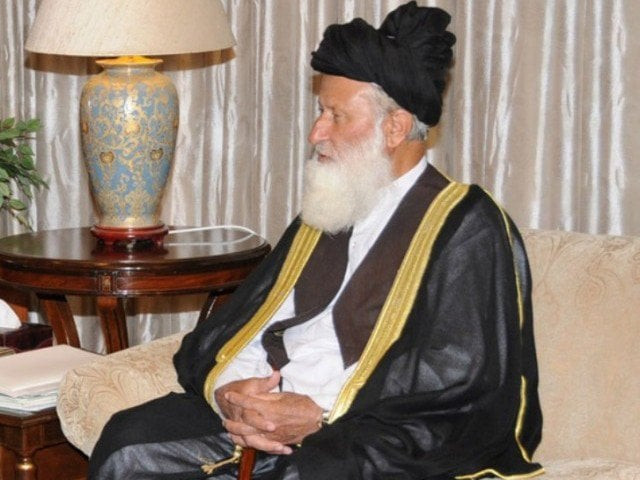'Khula’ without husband's consent is un-Islamic: CII
Ask civil courts to differentiate between Khula and unilateral dissolution of marriage by wife

CII Chairman Maulana Muhammad Khan Shirani. PHOTO: PID
The powerful religious body observed on Thursday that courts were dissolving nikkahs in the name of 'Khula', which is not correct since only the husband has the right to grant Khula after which courts can dissolve marriage contracts.
Urging civil courts to differentiate between 'Khula' and a unilateral dissolution of marriage through a court order, the CII said several women who had dissolved their marriages using 'Khula' were still not certain if their marriage had actually been dissolved.
Khula is prerogative of husband, not courts, says CII
"While Shariah has explicitly defined the framework and procedure for Khula, it has not been defined in the country's existing marriage laws," the CII observed.
Therefore, a civil court decreeing dissolution of marriage on a wife’s plea without her husband’s consent, under the name of Khula, would be in violation of the Holy Quran and Sunnah, the council observed.
The council also observed that denying a husband the right to appeal against such a 'unilateral' court decision would also be unjust as per Islamic law.
According to a majority of ulemas, a wife has to forfeit her financial rights when 'Khula' is used to dissolve a marriage. However, the two can reach an agreement outside the law if a mutual understanding is established.
As per the Dissolution of Muslim Marriage Act passed in 1939, “Judicial khula is allowed to be authorised without the husband’s consent if the wife has agreed to forfeit her financial rights. Marriage is not considered a sacrament among Muslims but rather a civil contract with spiritual and moral undertones."
The Pakistani women risking it all for their rights
"Therefore, legally, the marriage can be dissolved for a good cause. The wife has the right to dissolve a marriage on grounds of Khula if she decides she cannot live with her husband [any longer].”



















COMMENTS
Comments are moderated and generally will be posted if they are on-topic and not abusive.
For more information, please see our Comments FAQ